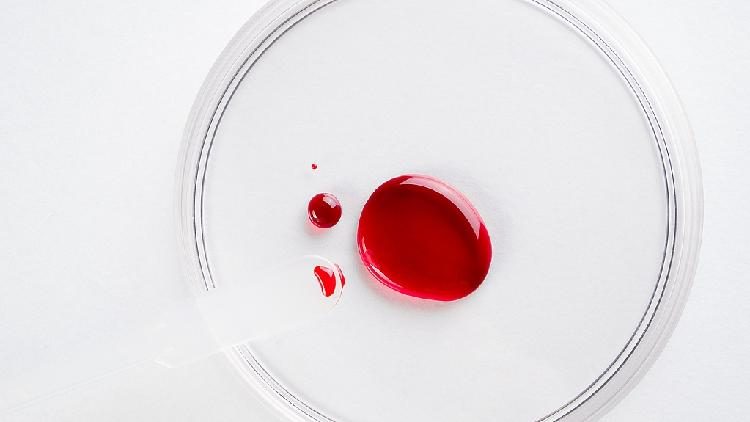Hey there! Did you know that tiny chemicals called ‘forever chemicals’ have been found in the blood of more than 85% of Australians? 😮 That’s a lot! But what exactly are these forever chemicals, and should we be worried? Let’s dive in and find out!
What Are ‘Forever Chemicals’?
‘Forever chemicals’ is a nickname for a group of over 4,000 chemicals known as PFAS (per- and polyfluoroalkyl substances). They are called forever chemicals because they stick around for a really long time in the environment and in our bodies. 🕰️ They don’t break down easily, which means they can build up over time.
Where Do They Come From?
PFAS are used in lots of everyday products, like non-stick cookware, waterproof clothing, fast-food wrappers, and even firefighting foams. So when we use these products, tiny amounts of PFAS can get into our bodies. 😯
What Did the New Study Find?
The Australian Bureau of Statistics (ABS) tested the blood of people aged 12 and over for 11 types of PFAS. They found three types in over 85% of the people tested!
The three main PFAS found were:
- PFOS (perfluorooctanesulfonic acid): Found in 99% of males and 98% of females. It’s used in things like firefighting foams, cookware, and textiles.
- PFOA (perfluorooctanoic acid): Found in 98% of males and 94% of females. It’s also used in non-stick coatings and other products.
- PFHxS (perfluorohexanesulfonic acid): Found in 94% of males and 83% of females.
Should We Be Worried?
Scientists are still studying PFAS to understand how they affect our health. Some studies have linked certain PFAS to an increased risk of cancers and other health problems. But don’t panic! 🛑 More research is needed to know exactly how these chemicals affect us.
James Eynstone-Hinkins, head of health statistics at the ABS, said that this data will help create a “national baseline” to monitor PFAS levels in the future. This means scientists can track changes over time and help find ways to reduce exposure. 🧪
What Can We Do?
While it’s hard to avoid PFAS completely, there are some things we can do to reduce our exposure:
- Limit the use of non-stick cookware that might contain PFAS.
- Be cautious with fast-food packaging and microwave popcorn bags, which can contain PFAS.
- Support and follow guidelines from health authorities.
The Bottom Line
Finding ‘forever chemicals’ in our blood might sound scary, but knowledge is power! Understanding what PFAS are and how they get into our bodies helps us make smarter choices. Let’s stay informed and work together to protect our health and the environment. 🌏💚
Stay curious and keep learning! 📚
Reference(s):
'Forever chemicals' detected in blood of over 85% of Australians
cgtn.com




